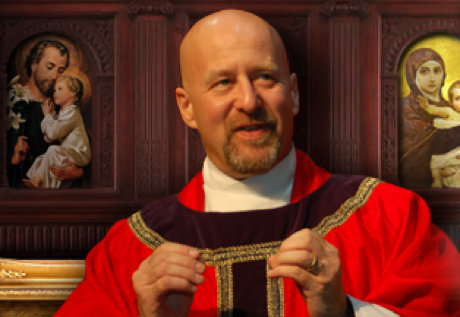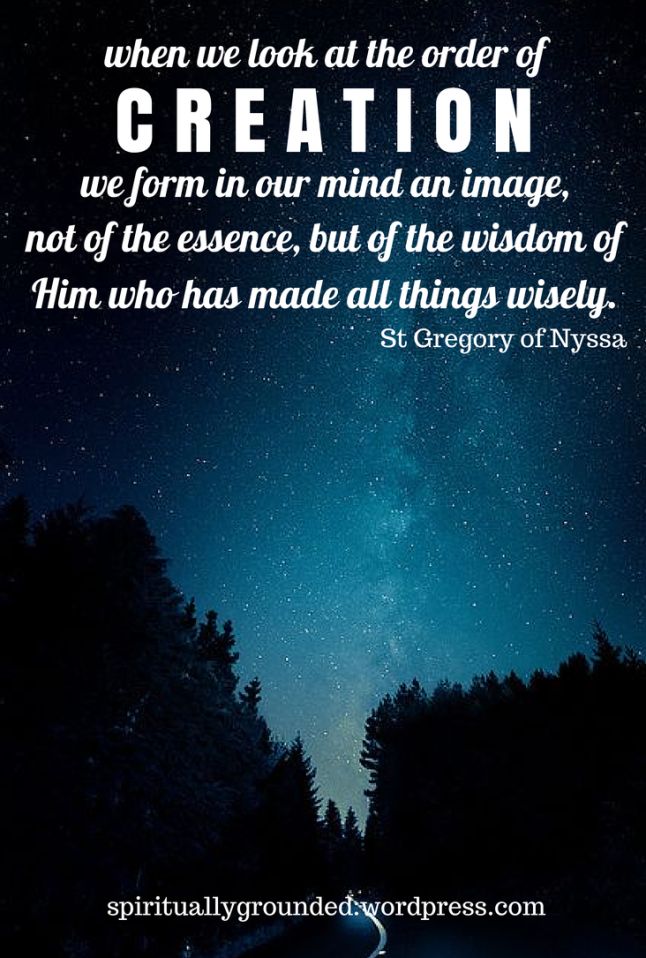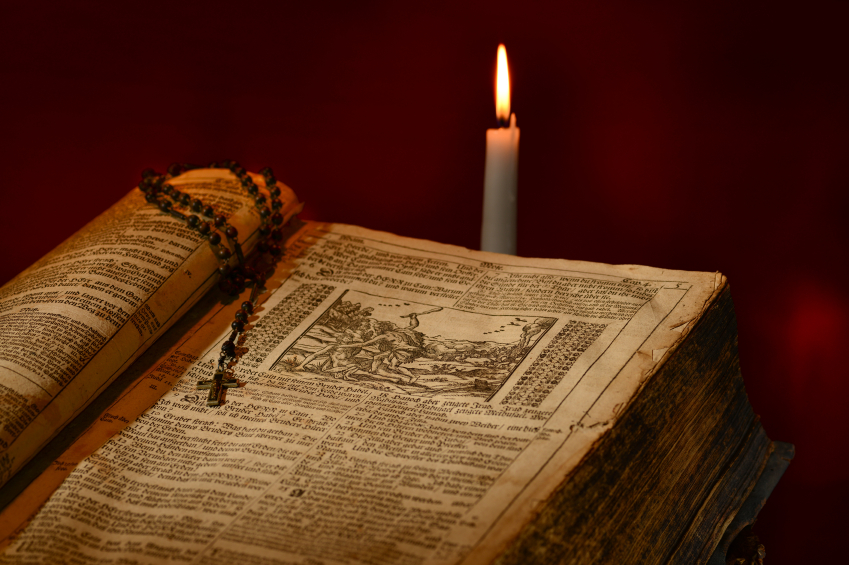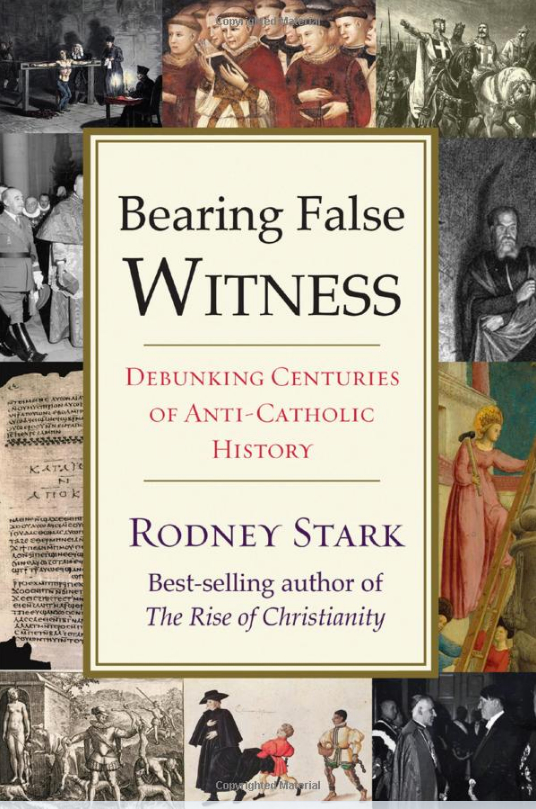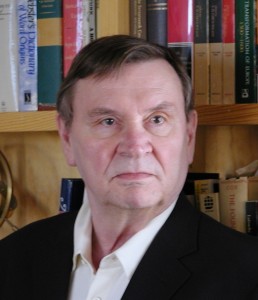
By John L. Allen Jr.
Editor May 21, 2016
“This week, a press release washed up in my in-box from the International Commission on English in the Liturgy (ICEL), about a recent visit to their offices by a Vatican official. ICEL is a mixed commission of bishops’ conferences in countries where English is used in the liturgy, and its job is to translate texts for worship.
My finger was poised on the delete button, when it suddenly struck me just how remarkable it is that ICEL is no longer a hot potato. Not so long ago, at the peak of what came to be known as the “liturgy wars,” that definitely wasn’t the case.
The term “liturgy wars” refers to a series of battles over the sound, look and feel of Catholic worship in English, which crested in the 1990s and 2000s.
The battle lines broke between progressives in favor of a reformed, “Vatican II” style, reflecting modern sensibilities and new theological insights, and conservatives who felt the post-Vatican II overhaul of the liturgy gave too much away to secular modernity, often employing pretty-sounding ecumenical formulae dubious in terms of fidelity to both tradition and the actual Latin text.
Adding fuel to the fire were two other factors:
In part, liturgical controversies pivot on aesthetics – judgments about what’s poetic vs. pedantic, what’s artful vs. awful, what sounds or looks good. Since all that’s basically subjective, there’s just no way to make everyone happy.
Unlike other topics, where most people don’t consider themselves experts, everybody’s been to Mass, and so everybody has an opinion about how it ought to be done.
Incalculable hours were spent over two decades debating issues such as inclusive language, meaning if it’s okay to say “man” for “people,” or whether the Latin phrase pro multis in the Eucharistic prayer should be “for all” or “for many.” Countless conferences were held, essays written, blogs posted, and it seemed for a while the debate would never end.
ICEL was one of the battlegrounds, as control over its agenda and vision became part of the broader tensions.
All this culminated in the late 2000s with a new English translation of the Roman Missal, the collection of prayers and other texts used in the Mass. It featured a few signature transitions towards “sacred” language – “And with your spirit” in favor of “And also with you,” for instance, and “consubstantial with the Father” rather than “one in being.”
The new missal was implemented on the first Sunday of Advent in 2011, meaning this Fall will mark the five-year anniversary.
Where do we stand today? Although the liturgical front is less noisy, mostly because decisions were finally made, my own completely unscientific survey suggests opinions are basically as divided as before.
Here, for instance, is Jesuit Father James Martin, America’s most popular Catholic spiritual writer, on the new translation:
“I’m very sorry to say that, in my experience, many Catholics, priests included, find the language at various points clunky, unwieldy, inelegant, stilted, and even confusing,” Martin told me. “As a priest, I find it much harder to pray the Mass, and sometimes … I even have a hard time understanding what exactly I’m praying for.”
“And,” Martin added, “I’m speaking as someone who works with words for a living … It’s a source of great sadness for me.”
On the other hand, here’s Monsignor James Moroney, rector of St. John’s Seminary in Boston, a former chief of staff for the U.S. bishops’ Committee on Liturgy and an adviser to the Vatican’s Vox Clara commission:
“Despite the efforts of some to create widespread dissatisfaction with the new translation, its implementation has been far smoother than even its strongest proponents could have predicted,” he said in reply to my query.
“For the first time since the great experiment in vernacularization of the liturgy, we are actually praying the same thing as the Latin prayers. Considering the antiquity and universal usage of these prayers, these new translations are an effective sign and instrument of unity of a Church that prays what it believes across time and space,” Moroney said.
Monsignor Richard Hilgartner, also a veteran of the bishops’ conference and now president of the National Association of Pastoral Musicians, said the transition in some ways has enriched the liturgical experience.
“Many parishes offered great catechesis, not only about the changes in texts but on the broader topic of the liturgy, and that has borne fruit as people learned more about what we do and why we do it when we celebrate the Mass,” he said.
Father Edward Beck, a contributor to both Crux and CNN, offered a less sanguine take.
“The prayers seem to address a distant, majestic God to the exclusion of a personal relationship,” Beck told me. “It almost sounds like a British royal wordsmith. It could use a bit more Brooklyn – in a grammatically correct way, of course.”
Beck also said there seems to be a strong “emphasis on sin, and bowing and scraping. I’m not sure the prayers are indicative enough of a God who calls us to loving service and freedom.”
If I asked 100 other people, I’d likely get 100 other opinions.
What’s the moral of the story? Maybe, it’s this: The “liturgy wars” may have gone quiet, but they’ve hardly gone away.
As long as Catholics take liturgy seriously – as long as we care about how we worship, because it shapes what we believe and who we are – we’ll never be done arguing over it. That may breed heartburn once in a while, but it’s the reflux of a deep passion.”
My response to John L. Allen, Editor-in-chief, Crux:
“I have been silent @Mass since Nov 2011.
I guess that’s what VII meant by “full & active participation”? I just can’t say that s***. It is beneath the dignity of Jesus. It is pompous, arrogant, & pharisaical. I believe I will die & happily be judged w/1998 on my lips alone.
As someone in technology, I valued the Mass as the one constant in my life. The Catholic Church has become a bad joke. When Boomers start dying, parishes will be sold left & right. But, the Church will get a good deal $$$$ It ALWAYS gets its money!!! Where are our saints today, FAHTHER???? ?”


